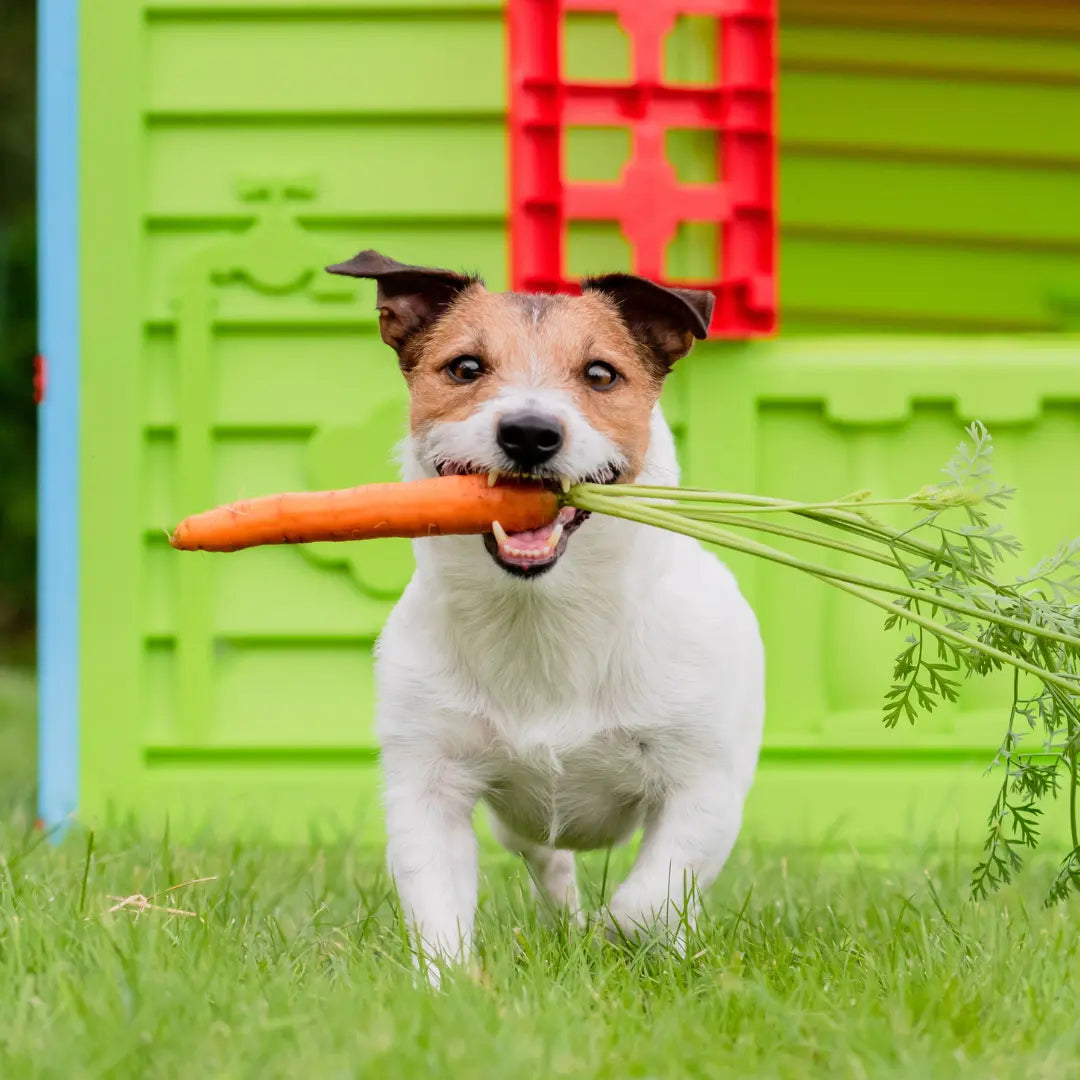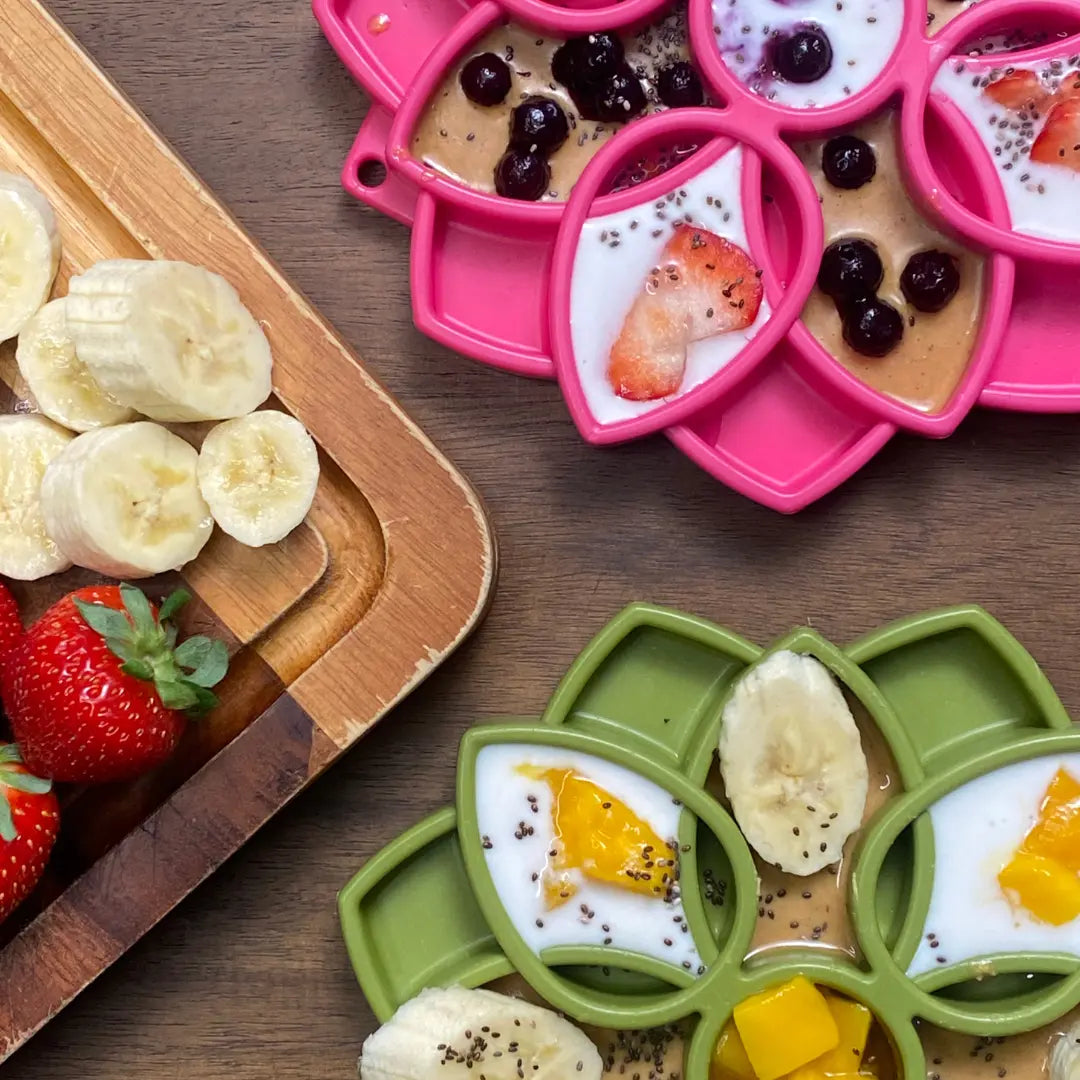Are eggs good for Dogs? Dog Food Recipes with Eggs. How to cook Eggs for your Dog?
For dog parents looking to cook or incorporate fresh foods into their dogs’ diets, eggs are a great source of protein and other nutrients. But before you whip up some scrambled eggs for your pup, there are a few things to consider. Read on to learn more about egg consumption for dogs and how you can safely use this superfood in your dog’s diet.
Benefits of Eggs for Dogs
Eggs are an excellent source of protein, vitamins, minerals, and fatty acids that keep your dog’s coat healthy and glossy. They also contain various antioxidants and amino acids that support strong muscles. Eggs are also low in calories and high in essential fatty acids like omega-3s, which may help reduce inflammation in their joints. Plus, they’re easy to prepare and digest, making them a great choice for dogs with sensitive stomachs or food allergies.
Different Types of Eggs for Your Dog
While many people know that eggs are a great choice to include in their dog’s home-cooked meals, they may not be aware that there are different types of eggs available. Quail eggs and chicken eggs each come with their own unique set of benefits, so let’s take a look at how you can unlock these advantages for your pup.
Quail Eggs for Dogs
Quail eggs are incredibly rich in vitamins and minerals, including iron, potassium, vitamin B2, phosphorus, magnesium and zinc. They also contain omega-3 fatty acids, which help support a healthy coat and skin. Quail eggs also contain higher levels of choline than chicken eggs, which helps to support cognitive function. They are small and easy to digest, which is why they are so often recommended for small breeds.
Chicken Eggs for Dogs
Chicken eggs have been part of the canine diet since antiquity - dogs have been enjoying them as a snack or meal for centuries! Chicken eggs contain high amounts of protein, plus riboflavin and selenium, an important antioxidant mineral that helps protect against cell damage due to free radicals. They also contain biotin, which is essential for healthy skin and coat maintenance. They’re easy to incorporate into a homemade meal or treat too.
Can Dogs Eat Egg Shells?
Eggshells are often overlooked as an important source of calcium for dogs. While it’s not recommended that you feed them raw eggshells (which can carry salmonella), cooked eggshells make a great supplement for senior dogs who need extra calcium or joint health support. Also, when home cooking, egg shells can help balance recipes that require additional calcium. Eggshells are almost entirely made of calcium carbonate. You can easily crush the shells into powder using a blender or food processor before adding them to your dog's meal. Wash the egg shells first to remove any chemicals. Be sure to grind to a fine powder to avoid any sharp edges that could be harmful or a choking hazard. Also remove any membrane from the shell first, and microwave or cook the egg shell first to kill any bacteria. You can store your eggshell powder in the fridge as well.
Can Dogs Have Raw Eggs?
Raw eggs may offer more nutritional benefits than cooked eggs due to their higher concentration of vitamins and minerals. However, they also come with an increased risk of salmonella, so it’s best to feed only pasteurized eggs when feeding your pup raw eggs. Pasteurized eggs have been treated with heat so they won't carry any harmful bacteria that could make them sick if ingested.
Dog Child’s Homemade Dog Food Recipes with Eggs
Dog Child has some delicious and nutritious protein-packed recipes with eggs that are sure to impress your dog during mealtime! Try out any of these recipes and let us know what you think!
Easter Egg - This Easter weekend share an easy homemade dog treat with your pup! With just a few simple ingredients, including boiled eggs, fruits, and veggies, you can whip up a healthy and delicious snack that is sure to make your pup's tail wag.

Fish & Egg Meal Mix - Fish & eggs are a great option to consider if your dog has allergies. These nutrient-rich foods can provide your dog with essential vitamins and minerals for a balanced diet. Check out this healthy egg and fish recipe using Dog Child’s Meal Mixes!
Egg Frittata - This recipe is a great way to reduce food waste and use your expiring egg carton. This egg-based dog food is easy to make and uses minimal prep time. It is a high-protein dog food, made with plenty of whole foods.
Scrambled Eggs For Dogs
Scrambling up some eggs is one of the easiest ways to add some extra nutrition to your pup’s diet! To make scrambled eggs for dogs, simply whisk together one or two whole eggs with a tablespoon of water until light and fluffy, then pour into a preheated skillet with oil over medium heat until golden brown. Stir frequently as it cooks so it doesn’t stick or burn, then let it cool before serving! Also never add any spices or salt when cooking eggs for your dog.
Hard Boiled Eggs For Dogs
Another simple way to give your pup some added nutrition is by making hard boiled eggs! Boil 3-4 large eggs in water until firm then place them in cold water to cool off before peeling away the shells (if desired). Cut them into small pieces and serve as an occasional treat or mix them into their regular kibble for added flavor!
Home Cooking for Your Dog with Eggs
Home cooking is one of the best ways to ensure that you know exactly what ingredients are going into your dog's meals – plus it allows you to customize the recipe based on the needs of each individual dog, so everyone gets the exact nutrients they need! Whether you decide on scrambled, boiled, poached or fried – just remember that fresh ingredients are always best when cooking for your dog at home!
Also, remember to balance any home cooked meals. Our Essential Nutrient Mix makes it simple to give your dog the nutrients they need when homecooking. 
Feeding your pup eggs can be a great way to boost their nutrition levels and provide plenty of essential vitamins and minerals needed for optimal health. Remember though – moderation is key when introducing any new food item into their diet so start slow by adding small amounts at first until you determine how much they can tolerate without adverse gastrointestinal effects after eating them regularly! If done right, adding some eggy goodness into their meal plan could be just what your pup needs every once in a while!







